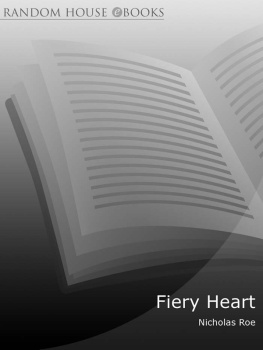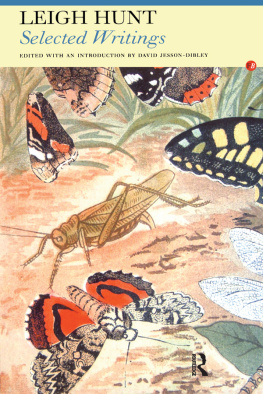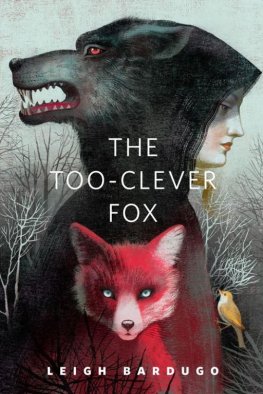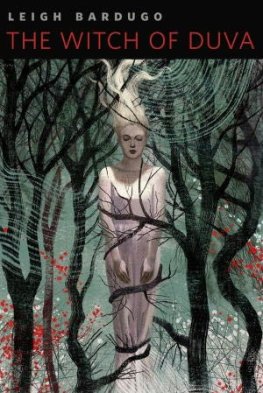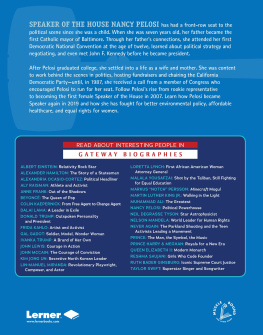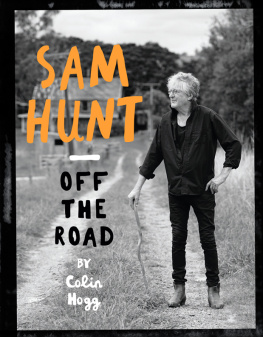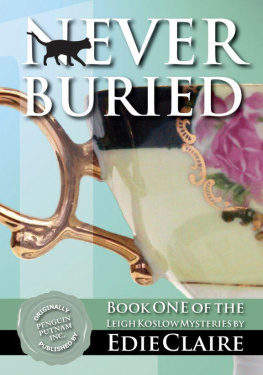FIERY HEART
The First Life of Leigh Hunt

NICHOLAS ROE

This eBook is copyright material and must not be copied, reproduced, transferred, distributed, leased, licensed or publicly performed or used in any way except as specifically permitted in writing by the publishers, as allowed under the terms and conditions under which it was purchased or as strictly permitted by applicable copyright law. Any unauthorised distribution or use of this text may be a direct infringement of the authors and publishers rights and those responsible may be liable in law accordingly.
Version 1.0
Epub ISBN 9781446400388
www.randomhouse.co.uk
Published by Pimlico 2005
2 4 6 8 10 9 7 5 3 1
Copyright Nicholas Roe 2005
Nicholas Roe has asserted his right under the Copyright, Designs and Patents Act 1988 to be identified as the author of this work
This book is sold subject to the condition that it shall not, by way of trade or otherwise, be lent, resold, hired out, or otherwise circulated without the publishers prior consent in any form of binding or cover other than that in which it is published and without a similar condition including this condition being imposed on the subsequent purchaser
First published in Great Britain by Pimlico in 2005
Pimlico
Random House, 20 Vauxhall Bridge Road,
London SW1V 2SA
Random House Australia (Pty) Limited
20 Alfred Street, Milsons Point, Sydney,
New South Wales 2061, Australia
Random House New Zealand Limited
18 Poland Road, Glenfield,
Auckland 10, New Zealand
Random House South Africa (Pty) Limited
Endulini, 5A Jubilee Road, Parktown 2193, South Africa
Random House UK Limited Reg. No. 954009
A CIP catalogue record for this book is available from the British Library
ISBN 0-7126-0224-0
Papers used by Random House UK Limited are natural, recyclable products made from wood grown in sustainable forests. The manufacturing processes conform to the environmental regulations of the country of origin
Typeset by Palimpsest Book Production Ltd, Polmont, Stirlingshire
Printed and bound in Great Britain by Mackays of Chatham, Kent plc
CONTENTS
Jane and Matthew, David, Seamus and Nicky
PIMLICO
692
FIERY HEART
Nicholas Roe is Professor of English at St Andrews University. He is the author of Wordsworth and Coleridge: The Radical Years (1988), John Keats and the Culture of Dissent (1997), and most recently The Politics of Nature: William Wordsworth and Some Contemporaries (1992; 2002).
You will see Hunt one of those happy souls
Which are the salt of the Earth, and without whom
This world would smell like what it is a tomb;
Who is, what others seem; his room no doubt
Is still adorned with many a cast from Shout,
With graceful flowers tastefully placed about;
And coronals of bay from ribbons hung,
And brighter wreaths in neat disorder flung;
The gifts of the most learnd among some dozens
Of female friends, sisters-in-law and cousins.
P. B. Shelley, Letter to Maria Gisborne
Leghorn, 1 July 1820
ILLUSTRATIONS
PREFACE
Leigh Hunts first life ended in August 1822 with Shelleys cremation on the beach at Viareggio, Italy. He missed the essential qualification for Romantic myth, an early death, and lived on to become the last survivor of a race of giants. But suppose for a moment that Hunt had joined his friend Shelley on the fatal voyage, and they had perished together in the Gulf of Spezia. Then they might have come down to us as two exiled Romantic freedom fighters about whom, as Byron said of Shelley, the world was ill-naturedly, and ignorantly, and brutally mistaken.
Sharing Shelleys death would have fulfilled one of Hunts deepest desires, but his life had a different trajectory. He was only thirty-seven when Shelley drowned, and he lived on for the same number of years. Today he survives as the original of Charles Dickenss feckless Harold Skimpole in Bleak House; as the author of once-popular anthology pieces like Abou Ben Adhem and Jenny Kissed Me; as an unwelcome influence on Keats, a persecutor of Lord Byron, a sponger on Shelley. This book is about the first life of Leigh Hunt, and in it we see why those Romantic poets sought Hunts company, courted his approval, and prized his friendship.
They were not alone in doing so. On 6 May 1822 a group of liberal-minded citizens met in Plymouth to present Hunt with a silver cup. Its inscription reads:
To Leigh Hunt
In admiration of his long
continued and successful exertions in the cause of
FREEDOM, TRUTH and HUMANITY,
his eminent talents and numerous virtues.
In May 1822 Hunt was on the point of quitting England for Italy, and the Plymouth tribute highlights his public reputation during his first life. For years Hunt had been a scourge of the corrupt regency establishment, a dauntless moderniser who called for parliamentary reform, freedom of the press, sexual equality and liberty of conscience. Descended from oppressed races in Barbados and Ireland, Hunt was a passionate advocate for the abolition of slavery, and his campaign for an Irish state free from British chains which brought him two years in jail has undiminished force today. His friends at Plymouth were proud to sign themselves a few lovers of free discussion on all subjects. Hunts first life had secured them that right.
Free discussion was dangerous, and especially so when the subject was poetry. Here, too, Hunt was a modernist energetically making new and experimenting with a poetic language more audaciously colloquial than Wordsworth and Coleridges Lyrical Ballads. When Hunts masterpiece TheStory of Rimini was published in 1816, its narrative dash and sexual frankness opened new realms of possibility for young poets like John Keats. Hunt was the first to offer sustained public acclaim for Wordsworth, and with Hunts encouragement Keats matured fruitfully as a poet. Hunt survived to influence Victorian writers such as the Brownings and Dickens, and he finished his life contemplating poems on steam power and electricity. The twentieth-century modernists Ezra Pound and W. H. Auden were already an idea.
Hunt was always drawn to autobiographical self-examination. His earliest attempts were poems about his schooldays, and at the age of twenty-five he composed a prose memoir for the Monthly Mirror. Autobiographical sketches continued to appear in Hunts articles and essays, and his controversial book Lord Byron and some of his Contemporaries (1828) included its Recollections of the Authors Life at length. That narrative cast back to his distant ancestors in Barbados, and finished in 1825 with Hunts return from Italy to the neighbourhood of London. The Autobiography of 1850 added just three further chapters about his later years.
Before Hunt died on 28 August 1859, he had prepared a new edition of his Autobiography that incorporated numerous revisions to the narrative. Still, much remained unsaid. The book was seen through the press by his eldest son, Thornton, who contributed a sympathetic introduction alerting readers to his fathers silences on some topics, especially his family life. Thornton might have added that Hunt also kept quiet about his parents adventures in revolutionary Philadelphia and London, and that he said little about his passionate friendships with men and women.

